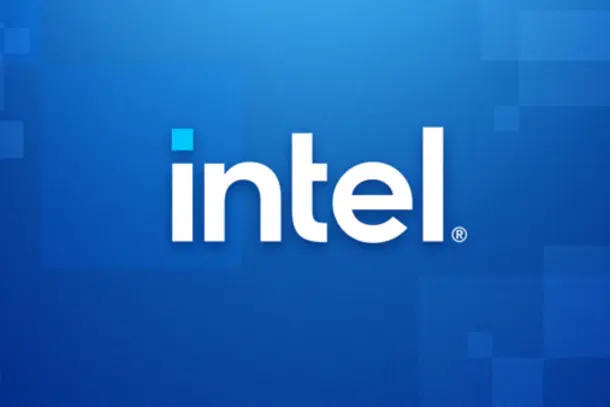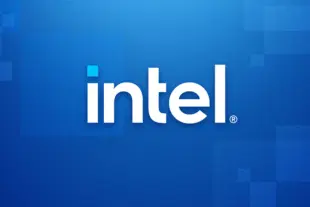News Brief
Intel Hands Washington 10 Per Cent Ownership After Trump Push; California Governor Newsom Derides ‘Government-Run Business’
Swarajya Staff
Aug 23, 2025, 09:11 AM | Updated 09:11 AM IST
Save & read from anywhere!
Bookmark stories for easy access on any device or the Swarajya app.


Chipmaker Intel has agreed to hand the US government a 10 percent stake in its business, the company and President Donald Trump announced Friday (22 August), marking an unprecedented federal foothold in the semiconductor giant, NDTV reported.
The deal followed pressure from Trump’s administration, which argued Intel should provide Washington with equity in exchange for large federal grants initially committed during Joe Biden’s presidency.
Terms of the Agreement
Under the agreement, the US government will receive 433.3 million shares of common stock, representing a 9.9 percent stake in Intel.
The company said the arrangement equates to an $8.9 billion investment, partially funded by $5.7 billion in unpaid grants from the Biden-era CHIPS and Science Act.
Another $3.2 billion will come from the Secure Enclave program.
Intel noted that this investment is separate from the $2.2 billion in CHIPS grants it has already received, bringing total federal support to $11.1 billion.
In its statement, Intel emphasised: “The government’s investment in Intel will be a passive ownership, with no board representation or other governance or information rights.”
"The government also agrees to vote with the Company’s Board of Directors on matters requiring shareholder approval, with limited exceptions," it added.
Trump Declares Victory
Trump celebrated the move in a post on Truth Social, writing: “The United States of America now fully owns and controls 10% of INTEL.”
He claimed the government “paid nothing for these shares” after negotiations with Intel CEO Lip-Bu Tan.
Speaking to reporters, Trump added: “I said, I think you should pay us 10 percent of your company. I said, I think it would be good having the United States as your partner… they’ve agreed to do it, and I think it’s a great deal for them.”
Commerce Secretary Howard Lutnick also praised the move on X, saying: “This historic agreement strengthens US leadership in semiconductors.”
Industry Reaction and Criticism
The deal comes as Intel struggles to keep pace with Asian leaders TSMC and Samsung, which dominate contract chipmaking.
The CHIPS and Science Act, passed under Biden, aimed to bolster domestic production with billions in subsidies.
In November 2024, the Commerce Department awarded Intel $7.9 billion in direct funding.
But critics warn the new arrangement crosses a dangerous line.
According to an AFP report, independent tech analyst Rob Enderle called it “a slippery slope,” adding: “This is one of those things that kind of brings chills because it’s a step toward nationalizing private business.”
Scott Lincicome of the Cato Institute labeled the decision “a terrible decision, bad for almost everyone,” arguing it would politicise Intel’s strategy and potentially make the firm a target for foreign governments.
Company Response and Political Fallout
Intel CEO Lip-Bu Tan sought to reassure stakeholders, stating the company is “deeply committed to ensuring the world’s most advanced technologies are American made.”
Intel says it is investing over $100 billion to expand its US operations.
The development also reignited political clashes. Earlier this month, Trump had demanded Tan’s resignation after a Republican senator raised concerns over his business ties to China.
Meanwhile, California Governor Gavin Newsom mocked the deal, branding it a socialist overreach.
His office posted on X: “ALL HAIL CHAIRMAN TRUMP! WITH HIS GLORIOUS 10% PURCHASE OF INTEL, THE SOCIALIST REPUBLIC OF AMERICA ENTERS A BOLD NEW ERA OF GOVERNMENT-RUN BUSINESS.(sic)”
Also Read: Trump Picks Sergio Gor, Loyal Aide With No Diplomatic Experience, As US Envoy To India





